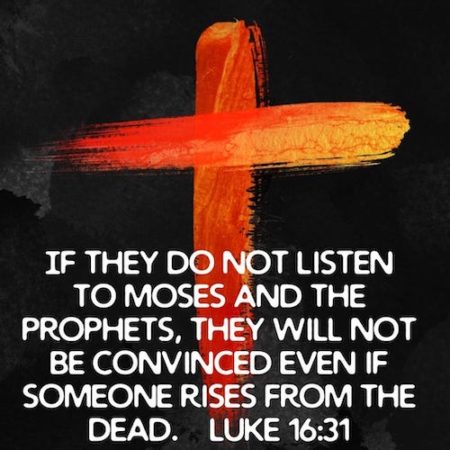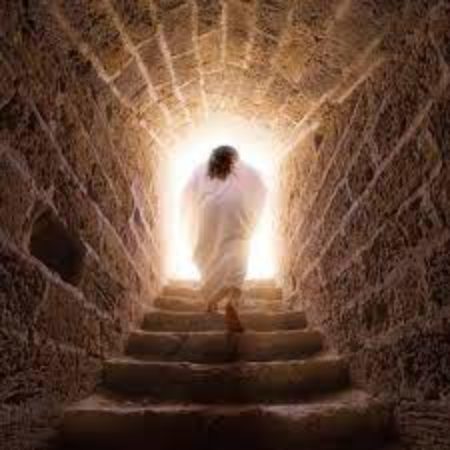Faced with the decline and disintegration of the Church, we are called to offer ourselves to God as the new branch who faithfully carry God’s love and mercy into a new era.
Sermons on Mercy
God’s offer of unlimited forgiveness creates a new world in which we are free to stop judging one another and turning on one another and spiralling into violence and hatred.
The cross of Jesus can teach us to recognise the innocence of suffering, and so enable us to recognise our own dependence on God’s mercy and to stop digging our own hells.
All that matters about God, about sin and forgiveness, and about living with integrity and freedom, flows from the human encounter with the crucified and risen Jesus.
The mercy of God – like the dawn that breaks a long darkness, the song that breaks a long silence – gives light, life and hope to those shadowed by death.
We live in amidst a culture of highly toxic, self-righteous, finger-pointing. Jesus calls us to a radical love which will stop the blame game but still speak transforming truth to those who oppress.
Those who have too strong a belief in their own goodness to engage in the real, flesh and blood work of building community in the here and now, can end up struggling to accept God’s grace.
In our desire to see mercy and compassion expressed for the needy, we must beware of falling into desiring the exact opposite for those who have not shown mercy and compassion.
What would happen if violence were met with bread, with blankets, with hospitals, with forgiveness of debts?
God calls us to welcome and care for “the strangers” the refugees and asylum seekers in our midst.
Jesus breaks down the barriers that divide us into pure and impure and removes the cause for the fear that marginalises people.
The Church is one body, sent into the world to live the life Jesus has begun, a life of love, reconciliation and mercy.
Our anticipation of new life in Christ, though not removing all grief, allows us to find hope in the mercy and love of God.
We want to be rewarded as we think we deserve, but God wants to give us everything.
The gratuitous mercy made known in the resurrected Christ requires us to rethink the nature of God all the way back to creation.
Jesus’ teaching on the new ethics for disciples do not weigh us down because they are wrapped in generous mercy and humour.
We are called to confront and oppose the abuse of power, but also to continue to love and offer forgiveness to those whose actions we are opposing.
God’s merciful and all-inclusive love is steadfast, not arbitrary, and so fills us with hope in the coming Christ.
The encounter with the resurrected crucified Jesus enables us to see the absolute love, mercy and non-vengefulness of God.
God will open the way through the world’s chaos, and it will be grounded on extravagant mercy.







